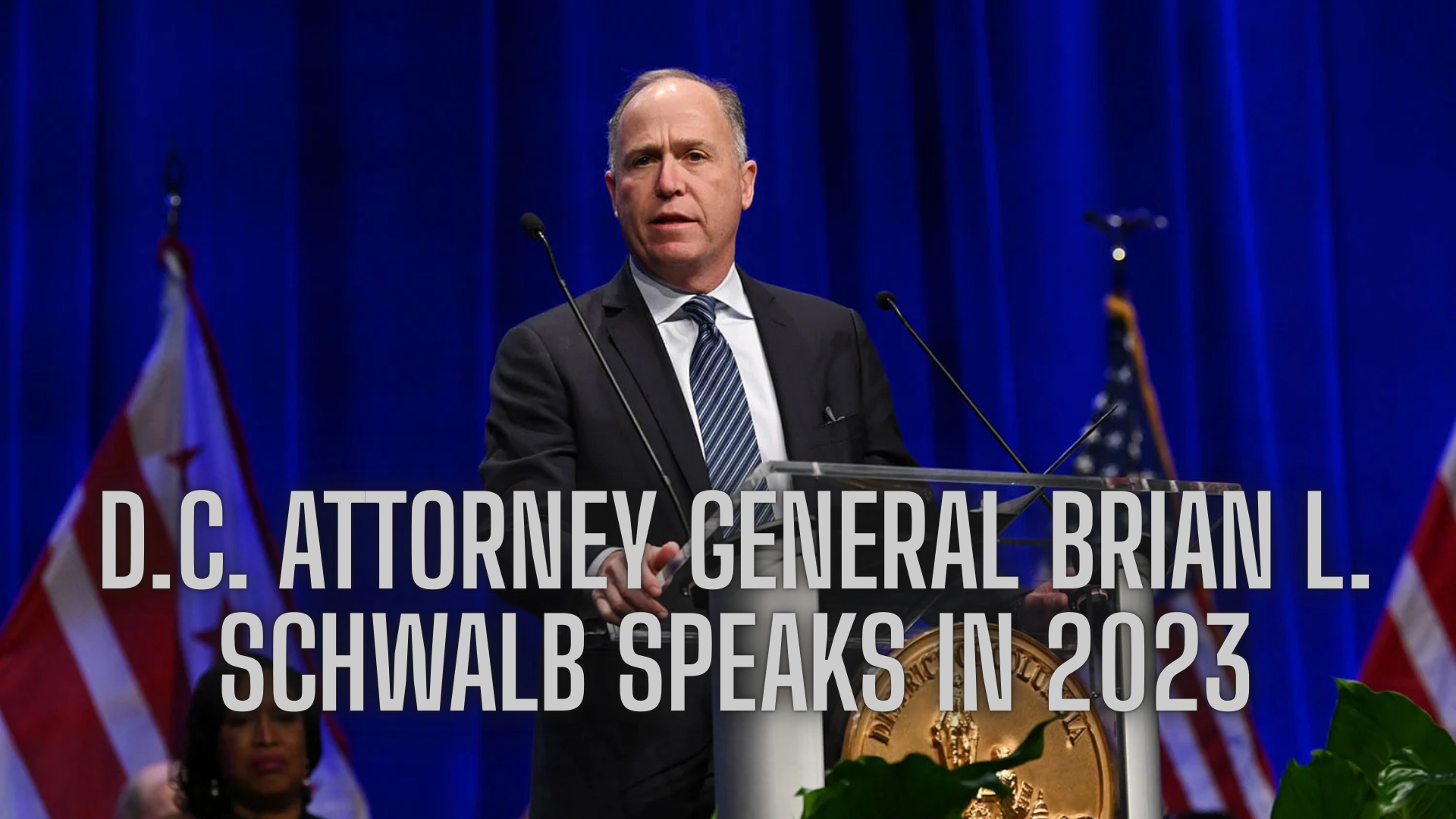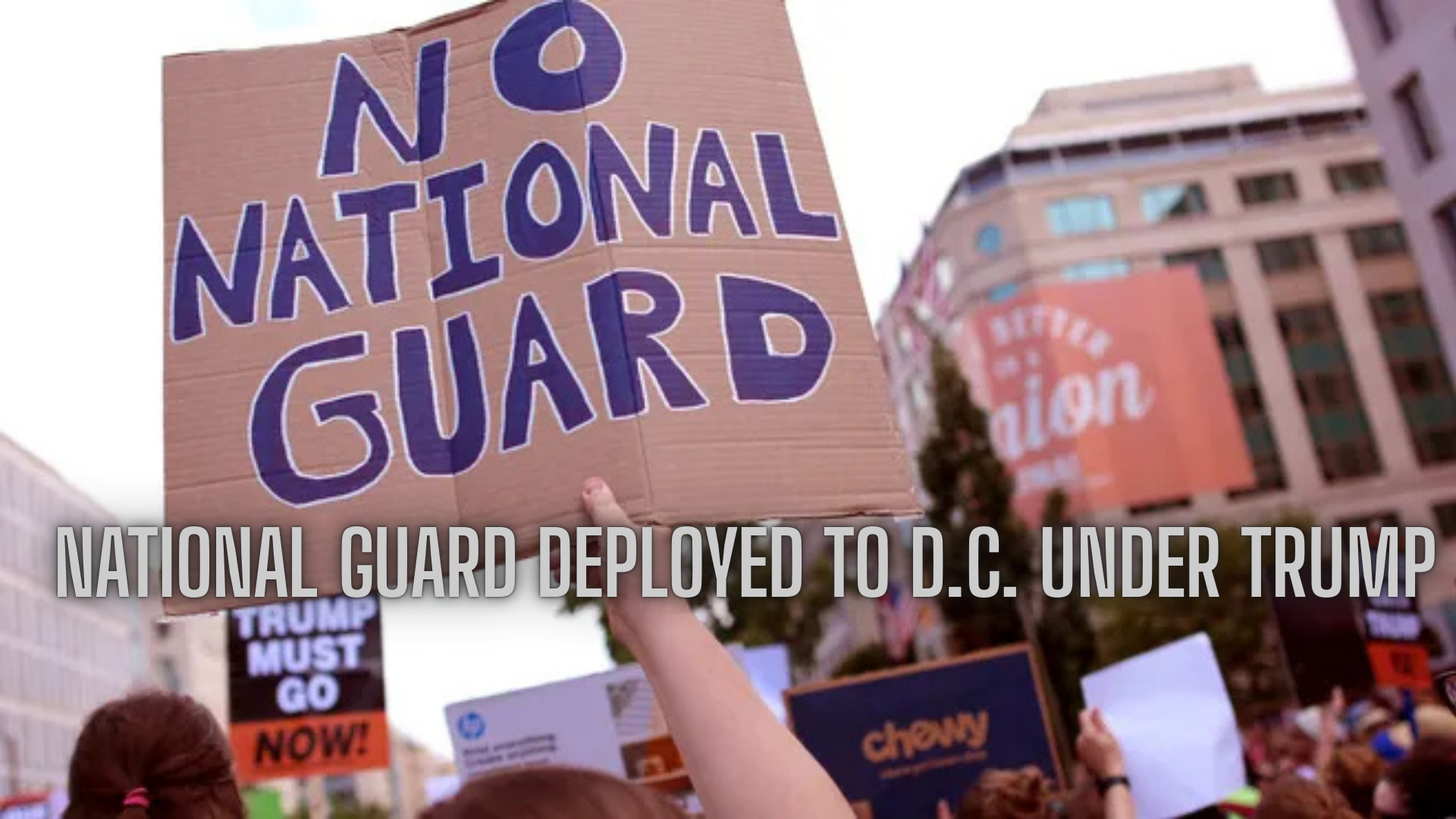TRENTON, N.J. (AP) — The Trump administration is pushing back against a federal judicial panel’s decision to replace former Trump attorney Alina Habba as the U.S. attorney for New Jersey, marking the latest flashpoint in the ongoing struggle over federal prosecutorial appointments in the state.
Judges Decline to Extend Habba’s Tenure
Alina Habba, who was appointed interim U.S. attorney in March, appeared to lose her position on Tuesday when a panel of federal judges declined to extend her role while her nomination awaits Senate confirmation. Acting under a statute that limits interim U.S. attorneys to 120 days, the judges instead appointed one of Habba’s deputies, Desiree Leigh Grace, to take over the post.
Chief Judge Renée Marie Bumb signed the order appointing Grace, though it offered no explanation for selecting her over Habba. Grace has served as a federal prosecutor in New Jersey for nearly nine years, according to her LinkedIn profile.
DOJ Pushes Back, Blames “Politically Minded Judges”
Within hours of the judges’ decision, U.S. Attorney General Pam Bondi removed Grace from the role and denounced the judicial move. “This Department of Justice does not tolerate rogue judges,” Bondi declared in a social media post, accusing the judiciary of political bias.
Deputy Attorney General Todd Blanche also weighed in, insisting that Habba’s 120-day term wouldn’t expire until 11:59 p.m. Friday, disputing the judges’ authority to make the appointment prematurely.
White House and DOJ Stand Behind Habba
White House spokesperson Harrison Fields reaffirmed President Trump’s support for Habba, stating the administration remains committed to securing her confirmation despite clear resistance from New Jersey’s two Democratic U.S. senators — Cory Booker and Andy Kim — who could block her nomination under the Senate’s “senatorial courtesy” tradition.
Controversial Four-Month Tenure: Habba’s Legal Firestorms in NJ
Clashes with Newark Mayor and Congresswoman
During her short time in office, Habba made headlines for confrontations with top New Jersey Democrats. She charged Newark Mayor Ras Baraka with trespassing after he attempted to join a congressional visit to a privately run immigration detention center. Though Habba dropped the charge, U.S. Magistrate Judge Andre Espinosa publicly criticized the arrest, calling it a “worrisome misstep.” Baraka is now suing Habba for what he calls a “malicious prosecution.”
Shortly after, Habba charged Rep. LaMonica McIver, whose district includes Newark, with assault after a physical confrontation with law enforcement during Baraka’s arrest. That prosecution, still ongoing, is a rare federal criminal case against a sitting member of Congress unrelated to fraud or corruption. McIver has denied wrongdoing.
Targeting State Officials Over Immigration Policy
Habba also opened an investigation into New Jersey Governor Phil Murphy and Attorney General Matt Platkin, scrutinizing a state directive that bars local law enforcement from cooperating with federal immigration authorities — a policy she framed as undermining national law enforcement efforts.
High-Profile Drug Cases Cited as Accomplishments
On social media, Habba promoted several of her office’s drug-related prosecutions, including the takedown of a 30-member fentanyl and crack cocaine ring operating in Newark.
Political Nomination in Jeopardy Amid Senate Opposition
Nomination Stalled by Democratic Senators
President Trump formally nominated Habba for the role of U.S. attorney on July 1, but the nomination has stalled due to opposition from Booker and Kim. The senators accuse Habba of using her position for politically motivated prosecutions, echoing criticisms from Democratic circles throughout her interim tenure.
This impasse reflects a broader trend, with several of Trump’s U.S. attorney picks facing obstacles due to the senatorial courtesy rule, which grants home-state senators significant sway over judicial and prosecutorial appointments.
Who Is Alina Habba?
Ties to Trump and Limited Federal Experience
Before her appointment, Habba was a partner at a small law firm near Trump’s golf club in New Jersey and served as a senior adviser to his political action committee. She became one of his most public-facing lawyers, defending him in multiple court cases and acting as a legal spokesperson across cable news networks.
Most notably, she represented Trump in the 2024 defamation lawsuit brought by E. Jean Carroll. However, her handling of that trial drew widespread criticism. Judge Lewis A. Kaplan rebuked her for procedural errors, misstatements of law, and repeated violations of courtroom protocol.
While U.S. attorneys typically have extensive experience in federal prosecution, Habba’s legal background has primarily involved state-level litigation, raising questions about her qualifications for the top federal prosecutor role in New Jersey.
Despite the controversy, Habba has remained defiant, stating that her mission is to advance the Trump administration’s “America First” agenda.
Conclusion
Alina Habba’s rocky tenure and pending nomination have become a microcosm of the larger political and legal battles surrounding federal appointments under the Trump administration. As legal and political forces clash in New Jersey, Habba’s fate now hinges on the Senate — and whether Trump can overcome the resistance from his Democratic opponents in the state.



